I am a partnered gay priest in the Diocese of Florida. I am not a deputy or a member of the Communion Across Difference Task Force. I am attending General Convention primarily because of my interest in Title IV, as I am the named Complainant in the discrimination case against the former Bishop of Florida—a case that has been referred to what is basically an ecclesiastical trial.
Because my focus here has been on Title IV, I was not going to weigh in on the task force’s resolutions. However, I have heard Florida mentioned several times as a reason to pass these resolutions, and so I feel the need to clarify a few things.
First, I want to say that no one from Florida was ever asked their opinions about these resolutions, so using us in this way feels inappropriate.
But more importantly, I also want to say that I respectfully but strongly disagree with these resolutions, especially A092, and ask you to vote against them.
I do not doubt the good intention of the task force or that good work was done. I am sure relational progress was made and participants found ways to make room for each other. But that does not always translate into good legislation.
I want to be very clear: these resolutions would not have helped us in Diocese of Florida. They would not have helped us, and it is very easy for me to imagine how they might have hurt us.
The disenfranchisement and mistreatment of LGBTQ+ people and our allies was *already* in violation of our existing canons. The problem was not in the implementation of canons but in our inability to enforce them. We should have been protected under the canons already in place. The failure is not with III.1.2 but in the implementation of Title IV.
And one of the many, many reasons it was difficult to implement Title IV to enforce the anti-discrimination canons was a misapplied sense that we need to make room for everyone— even those actively causing harm. There were several times in the years prior to our failed bishop elections in which I tried to raise concerns about the then Bishop of Florida and the response was “well, communion across difference is the new thing now!” Which was a way of saying because he has conservative views, he could not be challenged on anything. Just *existence* of the task force provided political cover, even when what I was challenging was not the bishop’s views (personally, I could care less what anyone’s private views are) but rather his *behavior,* behavior that was in direct violation of our existing canons.
Again, I am not saying this outcome was the intention of the task force. I am only saying this is an example of the ways these resolutions could make protecting vulnerable people more difficult.
I have been focused on clergy discipline and so I am only superficially aware of the complex conversation around the prayer book and marriage rites. I am not weighing in on that. I am only here to say that these resolutions scare me on a gut level. I would much rather pause a moment to let the discrimination trial play out. That way we might be able to see if we as a church are capable of protecting the historically marginalized before we extend those protections to the historically privileged.
Note: this was written very quickly from the airport as I await my flight home from GC.

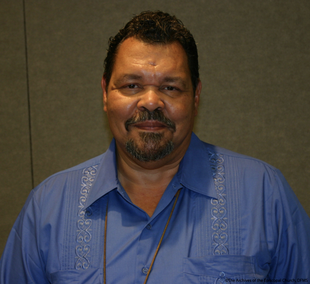
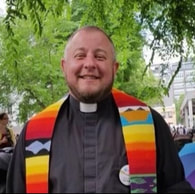
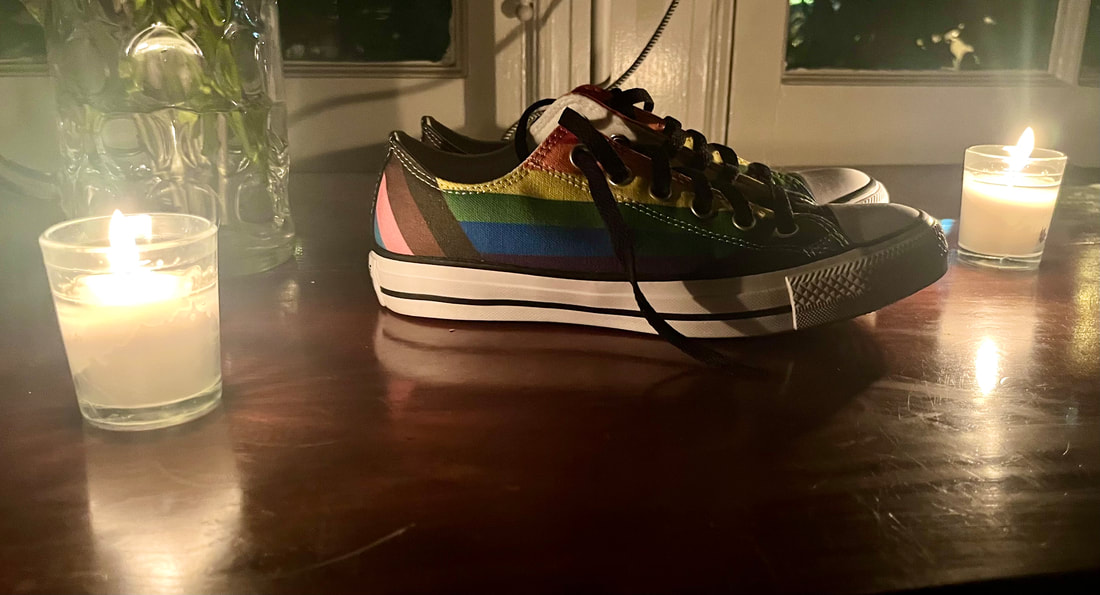
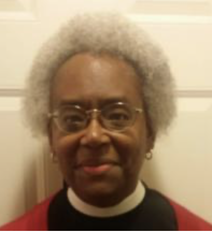
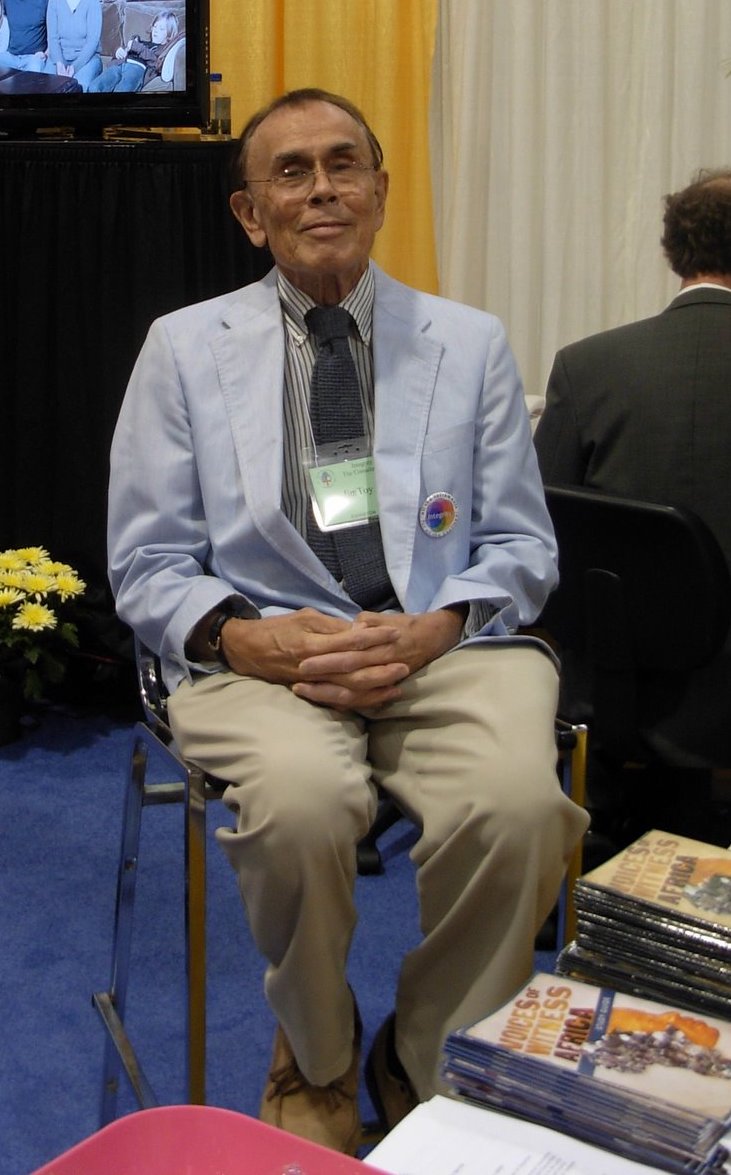
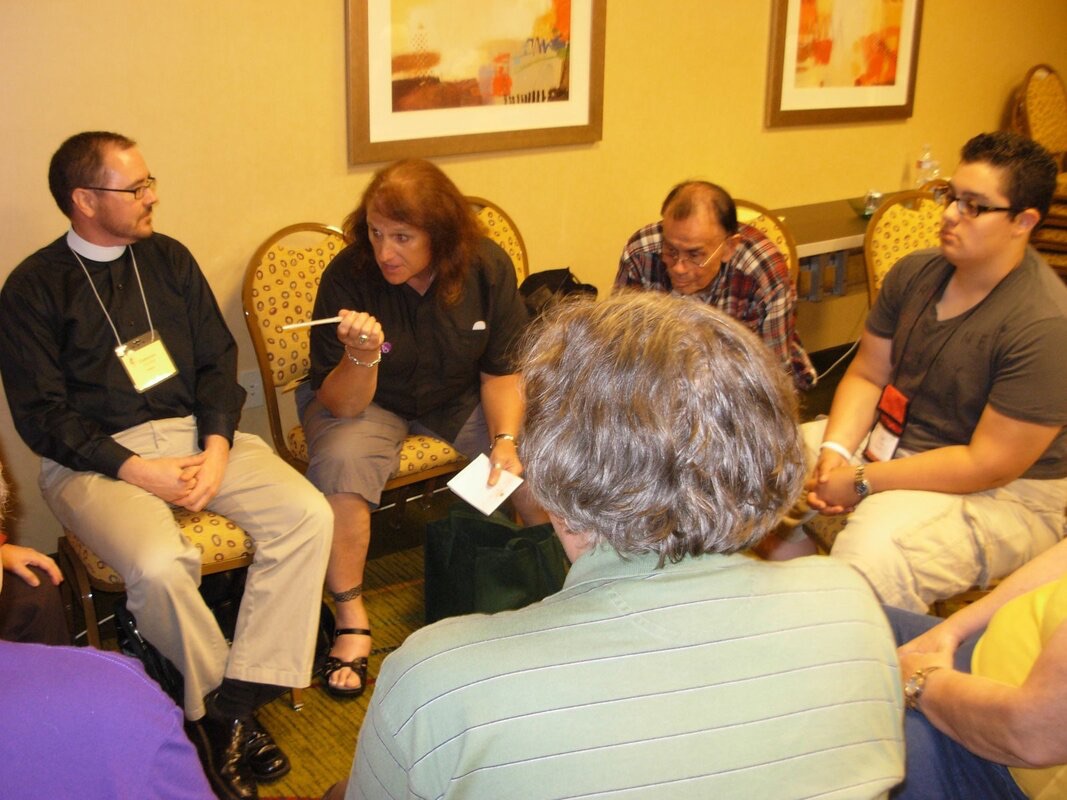
 RSS Feed
RSS Feed